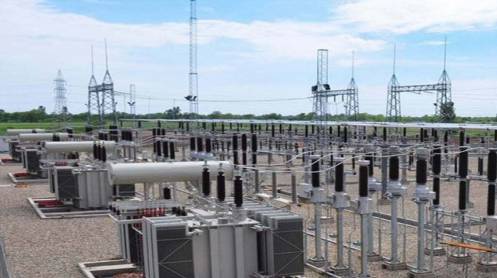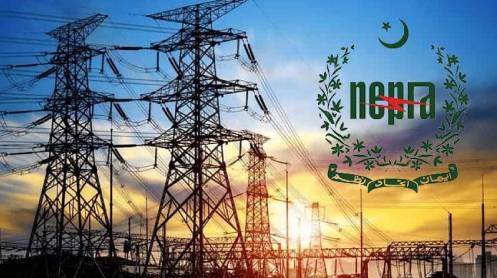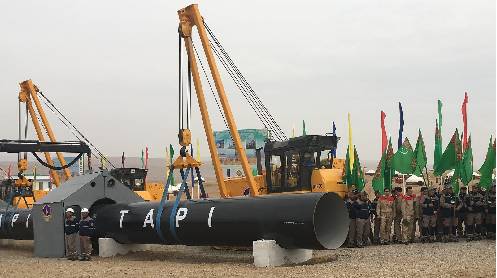ISLAMABAD: The government has intensified its investigation into the operations of Independent Power Producers (IPPs) as some plant owners resist efforts to renegotiate their contracts. These producers argue they are merely fulfilling the terms of their agreements. The probe is focused on reducing capacity payments, a significant financial burden that the government is aiming to alleviate.
Background discussions with officials from the power sector reveal that the investigators are scrutinizing data and documents collected from various IPP offices and plants. Reports suggest that several IPP owners are reluctant to terminate their contracts based on the present net value of their return on equity (RoE), a key issue in the government’s cost-saving strategy.
The government is pushing to retire some of the IPPs to save billions of rupees in future payments. Under this plan, the government would only continue paying RoE while cutting all other costs associated with the remaining lifespan of the contracts. This is seen as a critical step toward easing the country’s financial burden, particularly in light of the growing public and industrial outcry over unsustainable electricity tariffs.
Ministry of Power’s Position
Minister for Power Awais Leghari has repeatedly emphasized that the government will not alter any IPP contracts unilaterally, as doing so could lead to international legal disputes. He has stressed the need for mutual consent and dialogue to resolve the issue without violating the terms of existing agreements.
However, pressure is mounting on IPP owners to propose solutions to the ongoing tariff crisis. Investigators have summoned several IPP executives and conveyed the urgency of addressing the high electricity tariffs, which many sectors of society, including industries, can no longer afford.
Resistance from IPPs
Despite the government’s efforts, some IPPs—excluding Chinese-operated plants—are allegedly using their connections with international lenders to push back against the government’s proposed contract revisions. They are reportedly opposing over two dozen conditions that the government has placed on the IPPs for revising the terms of their deals.
Several power companies have shown reluctance to cooperate with the investigation. Notably, a group of IPPs, including Saif Power Limited, Liberty Power Tech Limited, Orient Power Company (Pvt) Limited, and others, have taken legal action to resist the government’s push for transparency. The Securities and Exchange Commission of Pakistan (SECP) had conducted a financial audit of these companies in 2013, raising concerns about inflated production costs. However, many IPPs secured legal stays from courts, halting the SECP’s inspections.
Legal and Financial Implications
The ongoing probe, which is being handled by a Task Force operating from a secret location in Rawalpindi, has uncovered several inefficiencies and possible malpractices within the IPP sector. These findings include fictitious loading of production costs by some IPPs, as revealed by a 2013 SECP report. However, a significant number of companies have not fully cooperated with the investigation, and further delays are expected due to legal challenges.
Sources within NEPRA (National Electric Power Regulatory Authority) have disclosed that officials from the Central Power Purchasing Agency (CPPA-G) and Private Power Infrastructure Board (PPIB), who are involved in the probe, are maintaining a low profile due to concerns that they are being closely monitored.
Meanwhile, lawyers well-versed in IPP affairs are preparing for potentially prolonged legal battles, both in domestic courts and at international arbitration forums. The investigation, which could lead to sweeping reforms in the power sector, is expected to have far-reaching consequences for the country’s energy landscape.
Story by Mushtaq Ghumman





